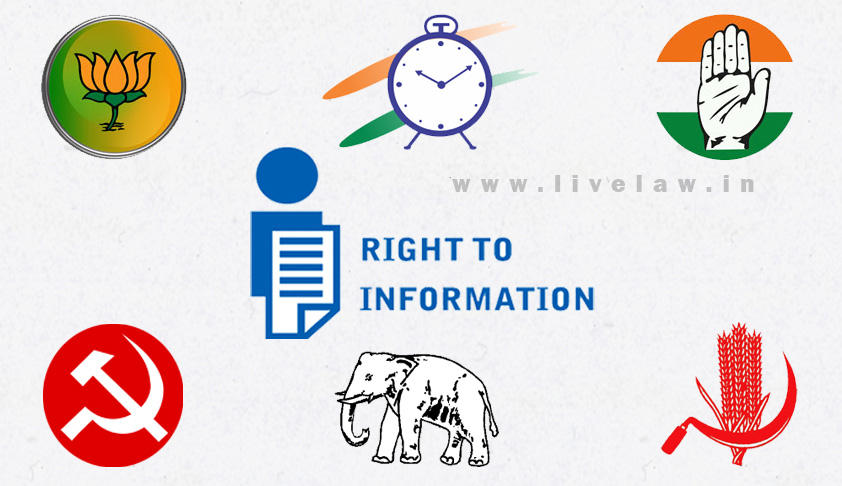- Home
- /
- Cover Story
- /
- Centre against bringing political...
Centre against bringing political parties under ambit of RTI
LIVELAW NEWS NETWORK
24 Aug 2015 2:43 PM IST
The Central government today told the Supreme Court through an affidavit that it is firmly against declaring political parties as public authorities and bringing them under the ambit of the Right to Information (RTI) Act.Kindling hopes of bringing transparency in the functioning of major political parties, the Supreme Court had on July 8 acting on a public interest litigation filed by...
Next Story



